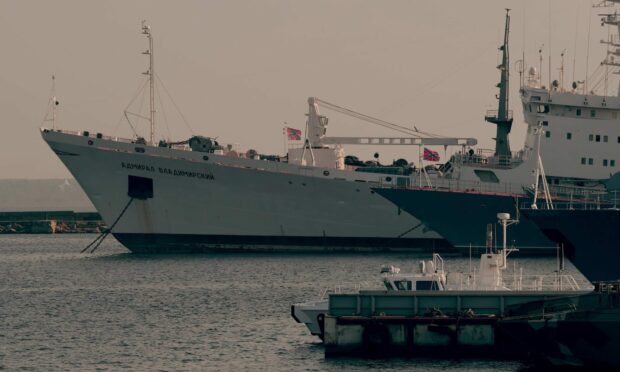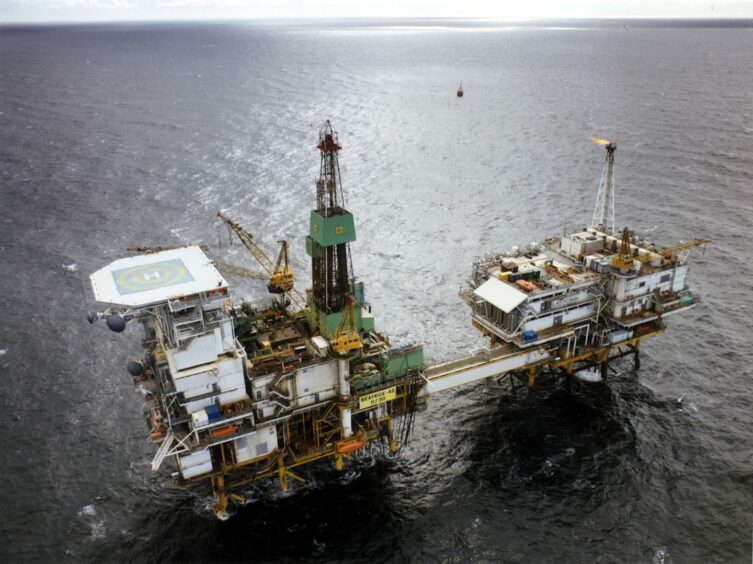Britain’s “offshore wind champion” has called for vigilance following reports critical infrastructure is at risk of attack from Russia.
Tim Pick, who was appointed to his UK Government role last year, said the energy industry must be “cognisant” of potential threats amid tensions over the war in Ukraine.
An ex-Royal Navy boss recently claimed Russia may have placed “sleeper explosives” on wind farms and subsea cables in UK waters,
These could be triggered at any point, knocking out power supplies, Admiral Lord West told the Mail Online.
Were the Russians really checking out our energy infrastructure?
Concerns have also been raised about a Russian ship, the Admiral Vladimirsky, that was allegedly “snooping around” the Beatrice oilfield in the Outer Moray Firth late last year.
Officially an ocean research vessel, the ship is said to have entered the Moray Firth on November 10 as part of a month-long journey across the Baltic Sea and North Sea.
A Danish news crew later published a video of a close encounter with the Admiral Vladimirsky.
The footage showed a man wearing a balaclava and military gear, and carrying an assault rifle, on the ship’s deck.
Meanwhile, speculation is still rife about who was behind the attack on the Nord Stream pipelines under the Baltic Sea. They were blown up last year in an act of sabotage.
Speaking at the East of England Energy Group’s flagship Southern North Sea Conference in Norwich, Mr Pick said: “We have talked about energy security, and we need to be cognisant of the security risks to offshore infrastructure.
“We’ve all seen that with Nord Stream, and we’ve seen it in the press recently with the mischievous Russian vessels floating up the east coast of the UK and surveying our wind farms. We need to be on top of that.”
Mr Pick recently prepared a UK Government-commissioned report on the health of the wind sector, with Britain’s ports flagged as areas of concern.
Domestic energy supplies have taken on extra importance since Russia’s invasion of Ukraine, and the subsequent economic sanctions imposed on the Kremlin.
Energy shortages across much of Europe sent household bills through the roof in 2022.
Although the situation has improved slightly, research from Offshore Energies UK found that last year the UK spent more than £100 billion on energy imports for the first time.
And according to Dan McGrail, chief executive of trade body RenewableUK, that bill could have been even higher if low carbon producers had not stepped up to the plate.



Conversation